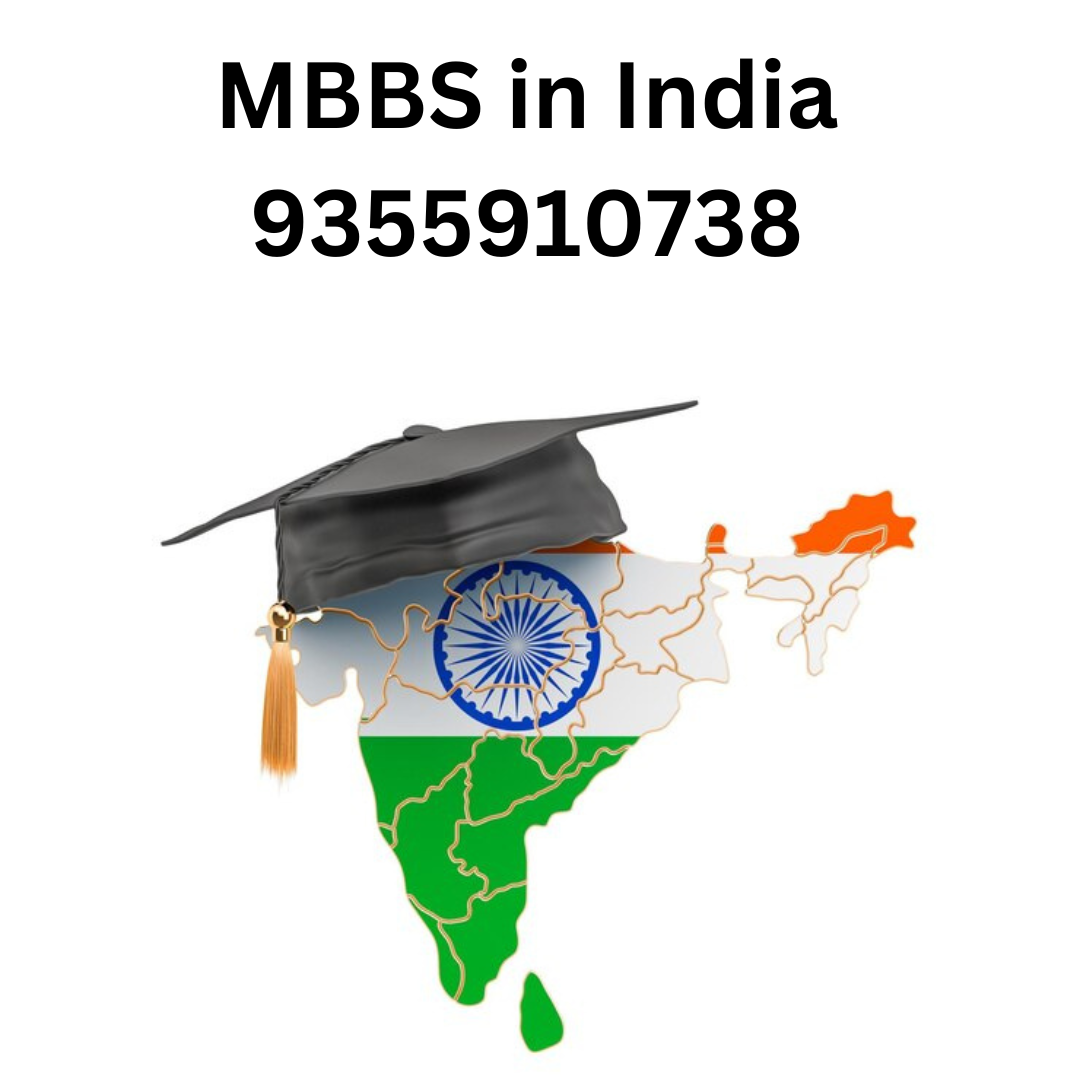
MBBS in India – A Comprehensive Guide
MBBS (Bachelor of Medicine and Bachelor of Surgery) is one of the most prestigious and sought-after degrees in India. With a strong medical education system, India offers top-notch medical training at an affordable cost. Every year, thousands of students aspire to pursue MBBS in India, drawn by the vast opportunities in healthcare, research, and clinical practice.
Why Study MBBS in India?
India is home to some of the best medical colleges in the world, known for their excellent infrastructure, experienced faculty, and rigorous academic curriculum. The advantages of pursuing MBBS in India include:
Affordable Fees: Government medical colleges offer MBBS at significantly lower tuition fees compared to private colleges or studying abroad.
Globally Recognized Degree: The MBBS degree from Indian universities is recognized by the National Medical Commission (NMC), WHO, and other international medical bodies.
Vast Clinical Exposure: India has a diverse patient population, allowing students to gain hands-on experience in diagnosing and treating various diseases.
High-Quality Education: Indian medical colleges provide state-of-the-art laboratories, advanced research facilities, and well-equipped hospitals for practical learning.
Diverse Career Opportunities: MBBS graduates can pursue higher education (MD/MS), practice medicine in India or abroad, or enter fields like medical research and hospital administration.
Duration of MBBS Course in India
The MBBS course in India spans 5.5 years, which includes:
4.5 years of academic education, covering pre-clinical, para-clinical, and clinical subjects.
1 year of compulsory rotating internship in hospitals, where students gain real-world medical experience.
Eligibility Criteria for MBBS in India
To pursue MBBS in India, students must meet the following criteria:
Academic Qualification: Must have completed 10+2 with Physics, Chemistry, and Biology (PCB) with a minimum aggregate of 50% for the general category (40% for reserved categories).
Entrance Exam: Students must qualify for the NEET-UG (National Eligibility cum Entrance Test), which is mandatory for MBBS admission in both government and private medical colleges.
Age Limit: The candidate must be at least 17 years old at the time of admission. There is no upper age limit as per the latest NMC guidelines.
Admission Process for MBBS in India
The admission process for MBBS in India is conducted through the NEET-UG exam, followed by counseling sessions. Here’s how it works:
Appear for NEET-UG: Students must register and appear for the NEET-UG exam conducted by NTA (National Testing Agency).
Qualify NEET-UG: Secure the required cutoff score to be eligible for MBBS admission.
Counseling Process:
All India Quota (AIQ): 15% of seats in government colleges are filled through central counseling conducted by the Medical Counseling Committee (MCC).
State Quota: 85% of seats in government colleges and seats in private colleges are filled through respective state counseling authorities.
College Allotment: Based on NEET rank, preferences, and availability, candidates are allotted colleges.
Admission & Document Verification: After securing a seat, students must complete the admission formalities and submit the necessary documents.
Top MBBS Colleges in India
India has several prestigious medical colleges. Some of the top MBBS institutions include:
All India Institute of Medical Sciences (AIIMS), New Delhi
Christian Medical College (CMC), Vellore
Maulana Azad Medical College (MAMC), New Delhi
Armed Forces Medical College (AFMC), Pune
King George’s Medical University (KGMU), Lucknow
Banaras Hindu University (BHU), Varanasi
Fees Structure for MBBS in India
Government Colleges: ₹10,000 – ₹1,50,000 per year
Private Colleges: ₹8,00,000 – ₹25,00,000 per year
Deemed Universities: ₹15,00,000 – ₹30,00,000 per year
Career Options After MBBS in India
After completing MBBS, graduates can:
Pursue Postgraduate Studies (MD/MS/DNB) in various medical specializations.
Practice as a Doctor in government or private hospitals.
Appear for Foreign Licensing Exams like USMLE (USA), PLAB (UK), or AMC (Australia) to practice abroad.
Enter Medical Research or hospital administration fields.
Join Government Services through UPSC CMS, Railways, or Army Medical Corps.
Conclusion
MBBS in India is an excellent choice for students aspiring to become doctors. With affordable education, high-quality training, and vast career opportunities, Indian medical graduates are well-equipped to serve in the healthcare sector globally. However, securing admission in top medical colleges requires dedication, strong academic performance, and a good NEET score.

















Write a comment ...